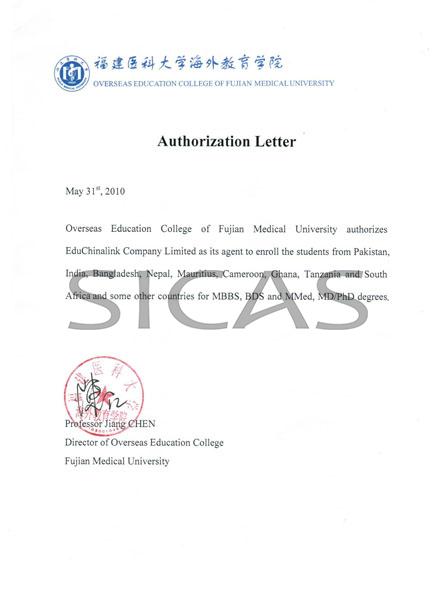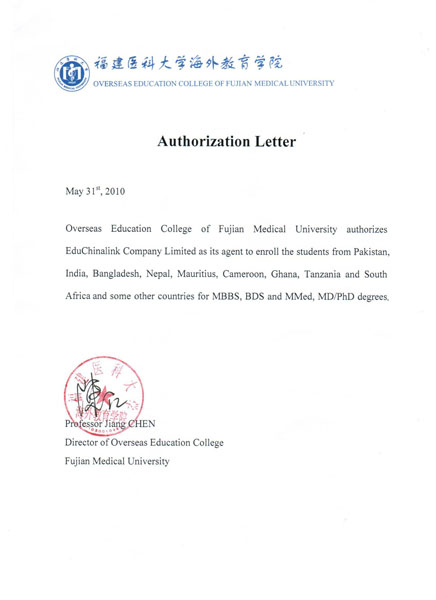

 |
Dr. Fan Lin Publishes the Pathology Reference Book: "Handbook of Practical Immunohistochemistry"Thanks to Dr. Minggui Pan for his contribution of the following introduction.
Congratulations to Dr. Fan Lin for the upcoming publication of the book "Handbook of Practical Immunohistochemistry - Frequently Asked Questions" (To be released in April 2011). Dr. Fan Lin graduated from FMU in 1984, a class 79 graduate. He came to the The field of Pathology has advanced very rapidly over the past decade, with numerous new molecular diagnostics being developed into indispensable tools for histological diagnosis in surgical pathology, especially for the diagnosis of malignant diseases. It is essentially true that diagnosis of a majority of undifferentiated malignant neoplasms and tumors of unknown origin cannot be comfortably made without performing a set of immunohistochemistry (IHC) studies for confirmation. Additionally, IHC markers also play a crucial role in determining tumor prognosis and targeted-specific therapy. There are several hundred IHC markers. Few pathologists can master all the markers and apply them to the clinical pathology. Dr. Fan Lin recognized the complexity of this new era of molecular pathology and decided to publish a book that can help pathologist better understand the application of the IHC markers in cancer diagnosis. This book is intended to be a practical, quick reference for information related to using immunohistochemistry in clinical diagnosis. One day, this book may become the standard immunohistochemistry reference for pathologist around the world. I have asked our pathology department to pre-order the book. I can't wait to get my own copy soon. As a medical oncologist, I have come to realize that a good understanding of the application of IHC markers in cancer diagnosis is essential to daily practice. IHC studies are becoming integral elements of nearly all pathology report in malignant diseases. Without a good understanding of the implication of the IHC markers in each disease, oncologist could face quite a challenge in interpreting a surgical pathology report. Below is a book description from the publisher Springer. This book can be pre-ordered in Amazon and all other major book sellers.
Description In a conceptually current, quick-reference, Question & Answer format, the Handbook of Practical Immunohistochemistry: Frequently Asked Questions provides standardization of the immunostaining process for each antibody and for each staining panel. With links to the authors Immunohistochemical Laboratory website, this volume creates a current and up-to-date information system on immunohistochemistry. This includes access to tissue microarrays (TMA) of over 5,000 tumors to validate common diagnostic panels and provide the best reproducible data for diagnostic purposes. Chapters are presented in a unique Question and Answer format. One table/IHC panel is provided to address each question. A concise explanatory note follows each table/panel to avoid diagnostic pitfalls. Website links are provided throughout to update the massive information in this field, providing the most current knowledge and the potential for live expert consultation. All chapters are written by nationally/internationally recognized experts in the related area ensuring authority and excellence. Comprehensive yet practical and concise, the Handbook of Practical Immunohistochemistry: Frequently Asked Questions, will be of great value for surgical pathologists, pathology residents and fellows, cytopathologists, and cytotechnologists. |








